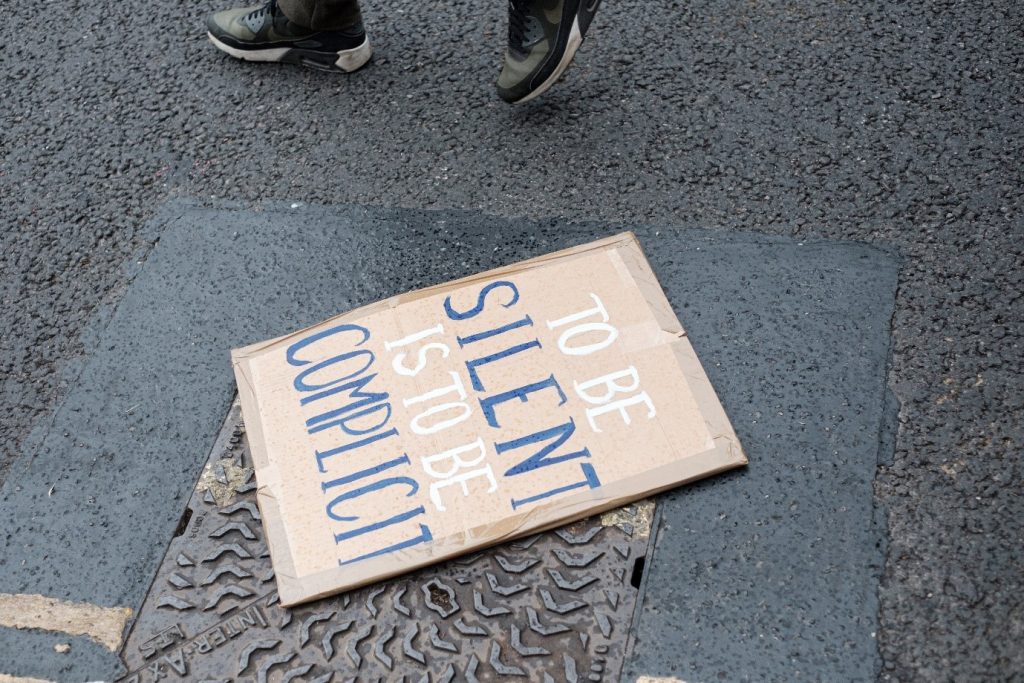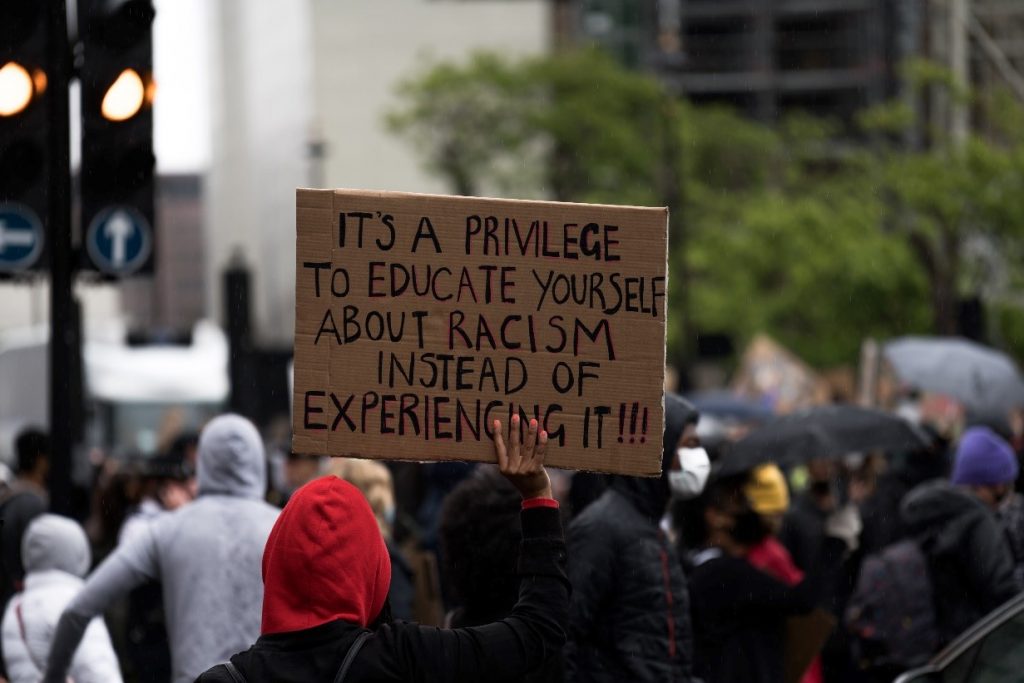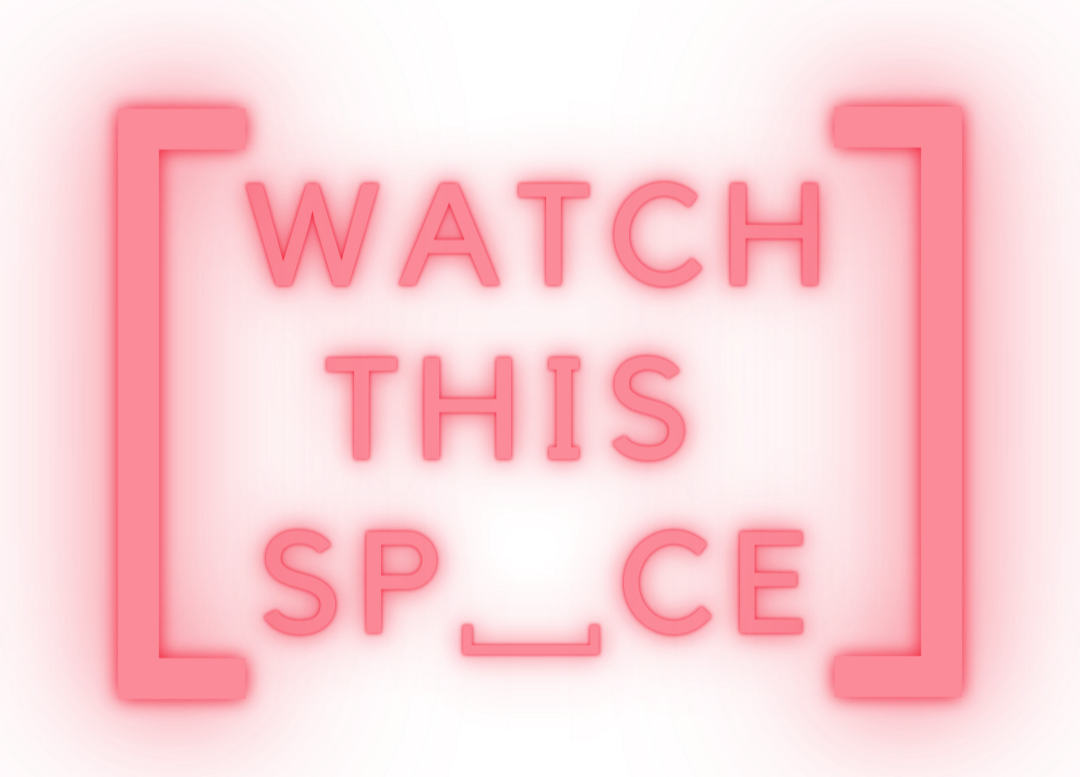We all have different advantages and disadvantages in life, and understanding this is key to knowing how we can help each other. Appreciating the advantages you have is nothing to be embarrassed or defensive about. What we can do through simple actions is take the time to recognise them and thus understand the lives of others.
This helps us to create inclusive workplaces that can assist those who have fewer advantages than others. For example, we can create environments that represent and cater towards multiple demographics, not just one. We can create environments where everyone has the opportunity to contribute and thrive.
Understanding our advantages
What do we mean by our advantages? Well, what we really mean is our privileges. However, the word “privilege” has become so loaded to use that it is often better to find other ways to discuss this subject. The advantages we have (and we all have them to some extent) give us different chances and experiences in life.
How does this play out? Think about these things:
- When you watch TV, do you mostly see people with your skin colour in lead roles?
- Do you ever need to worry about walking through the streets late at night?
- When you join meetings for your work, do most people usually look similar to you?
These are just a few short examples that give you an idea about how some people have more advantages than others. For some people, they are always the different one in a group. They never see themselves represented in popular culture, books or advertising. Some people avoid walking through the streets late at night for fear of being attacked.
If you are not a person who has to worry about these things, then it means that you have advantages in life. Acknowledging this allows you to think about how you can use your position to help others.
Using our position
If you are from a dominant group and you are used to seeing people like you in most scenarios, then how can you use that to help others?
More actively, if you see people being discriminated against, or if you witness harassment or worse, what can you do? What actions can you take to stop someone from being treated like this? Without people taking action, nothing will change. To be silent is to be complicit.

As well as short term actions and immediate ones in certain situations, what longer term actions can you take? Of course, many of us reading this might be the ones experiencing discrimination, harassment, prejudice, or worse. How can people help? How can we all change things for the better?
Actions we can take
So now for some practicalities. What can we do to make a difference? Here are some ideas:
Stop being defensive
As we have pointed out, if you have advantages in life, that is nothing to feel defensive about. If you know that you are unlikely to face discrimination, then instead of ‘what-about-ing’, think about what you can do instead. And by ‘what-about-ing’, I mean there is no point in bringing in other groups and asking “what about them” when discrimination is discussed. Those things are valid for another subject. But let’s give validity to each viewpoint. We can’t cover up issues by introducing other issues instead.
Call it out
If you hear or see discrimination, abuse or prejudice, being silent does not change anything. It makes you complicit. It gives validity to the harm that is being caused. It’s down to everyone to call these things out and make these behaviours unacceptable. This means knowing how to handle social media abuse, how to tackle discrimination in workplaces, and how leaders can create environments that do not tolerate exclusionary behaviour.

Create advantages
If you know that your organisation creates advantages for some people over others, think about how to address that. This might start with a need to review or ‘audit’ where you are. Analyse your data on salaries, roles, hierarchies and your working processes and use this to review how equal or unequal things are. Then you can start looking at areas you need to address. This could be reviewing your recruitment process to compensate for bias towards certain people. It could be setting up a mentoring scheme so that those with advantages can help others to further their careers. It could be that you need to take more radical actions to address discrimination in your organisation.
All of these types of actions involve being open. This is about understanding and accepting that people do not have the same advantages in life, but that changes can be made and things can be done to make a difference.
If this has got you thinking about where to start, try our Inclusion Quiz to see where your organisation is. Have a look at our Inclusion Audit to help you review where you are and the actions you need to take. Or if you want to have a chat with us about all of this, send us an email to hello@watchthisspace.uk
